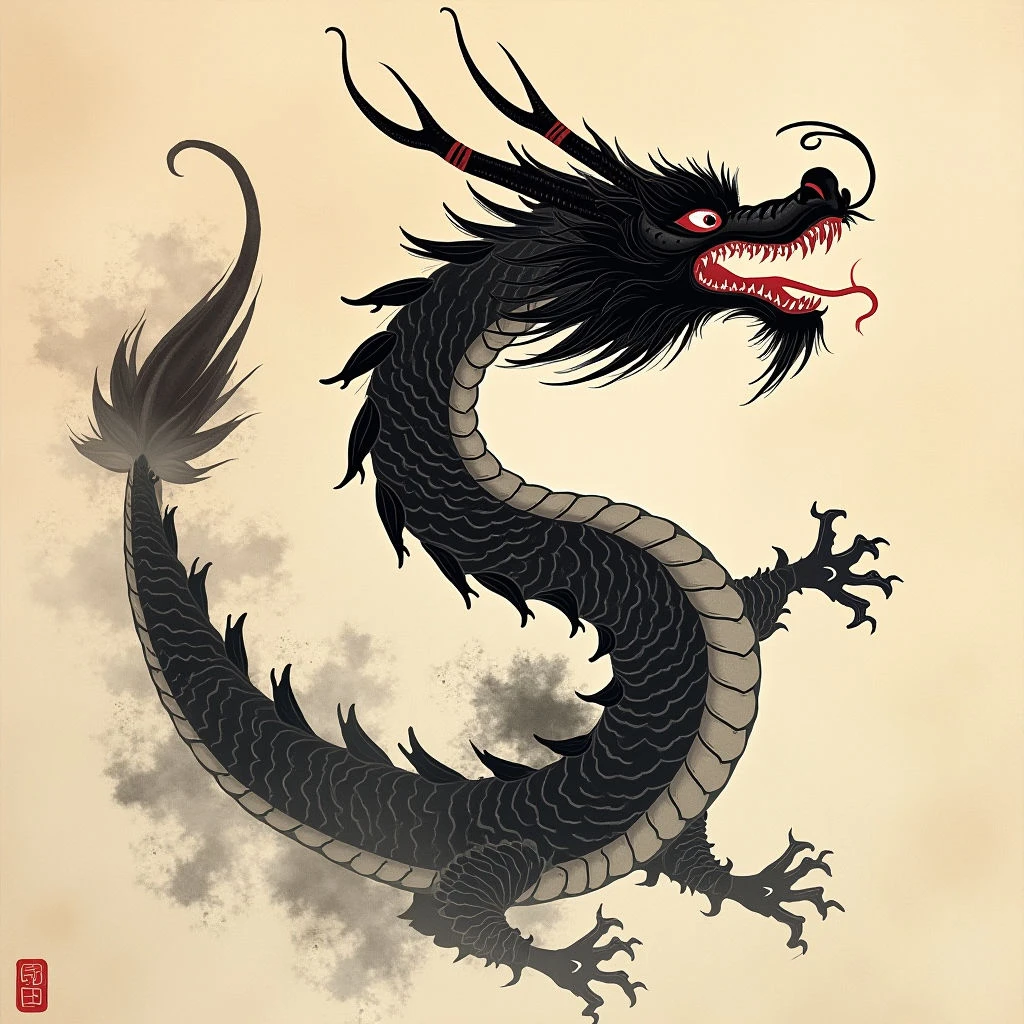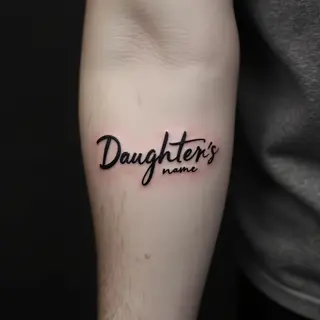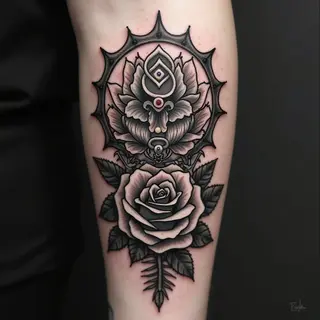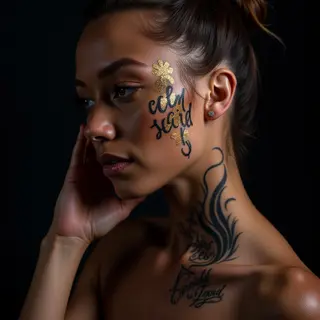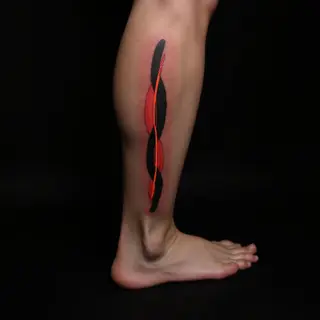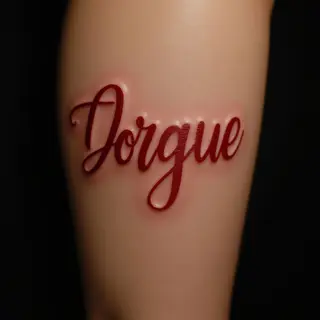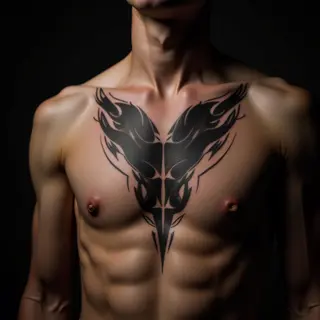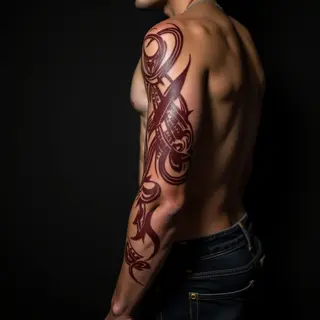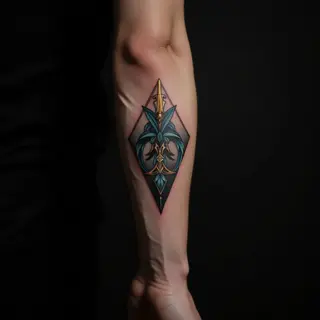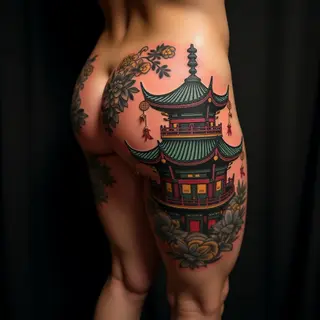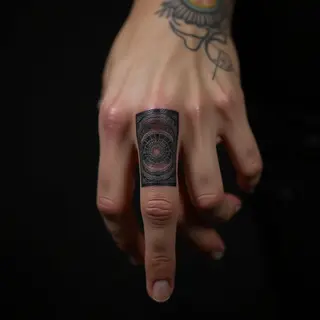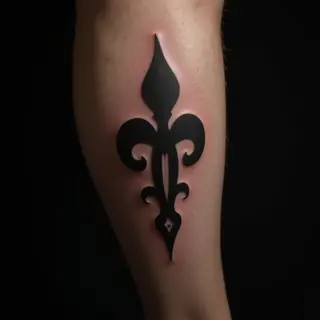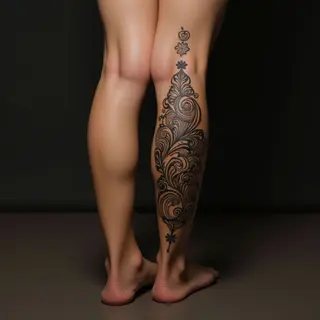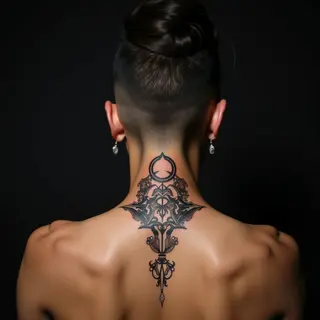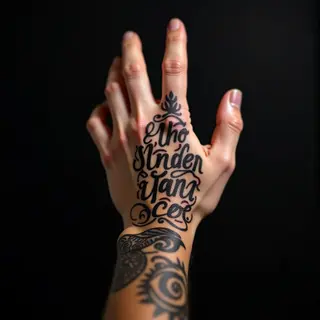The Enduring Story of Tattoos
For centuries, body art has meant so much more than just decoration. Tattoos are powerful statements—expressions of who we are, what we believe in, and where we come from.
Ancient Origins & Cultural Significance
The history of tattoos is rich and varied. In ancient China, for instance, the practice took on distinct meanings. During the Han Dynasty, facial markings were used to identify criminals—a stark form of punishment. Yet, among groups like the Yi people, tattoos marked important transitions in life, demonstrated belonging to a tribe, and offered protection.
Symbols of Power & Protection
Dragons—symbols of imperial power and good fortune—often appeared in these ancient tattoos. They weren’t just images; they represented strength, wisdom, and a connection to something greater.
Tattoos Across Cultures
The significance of tattoos extends far beyond China. Maori warriors in New Zealand used intricate facial patterns, called moko, to tell their stories—a living record of lineage and accomplishments. Japanese Irezumi, with its depictions of koi fish (representing perseverance) or cherry blossoms (symbolizing life’s brevity), served as declarations of loyalty, rebellion, or spiritual devotion.
Modern Meaning & Personal Transformation
Even today, tattoos hold deep personal meaning. They can be a way to celebrate overcoming challenges, honor those we’ve lost, express our heritage, or simply embody something we value deeply. Getting a tattoo is often more than just an aesthetic choice; it's a deliberate act—a commitment to marking ourselves with something truly significant.
